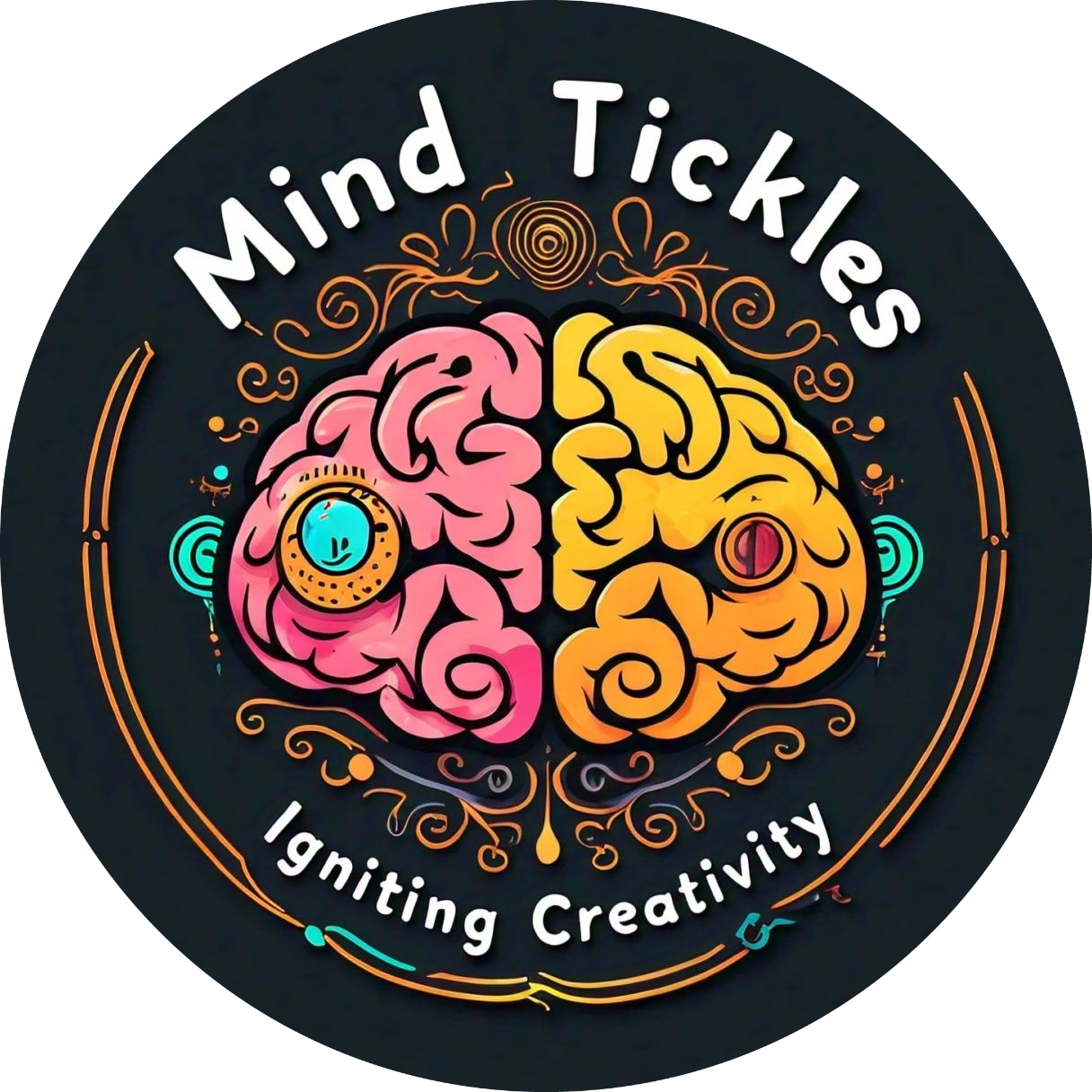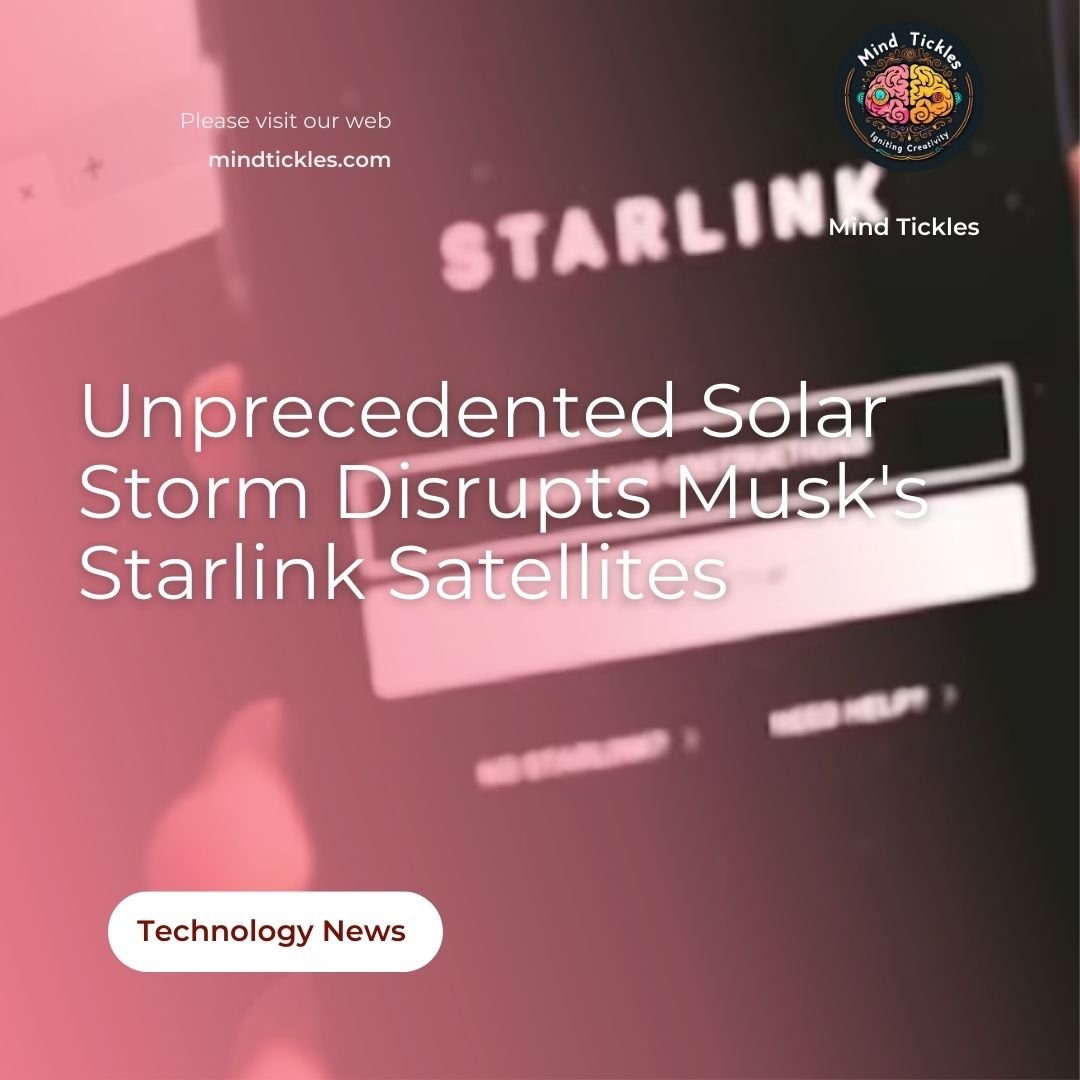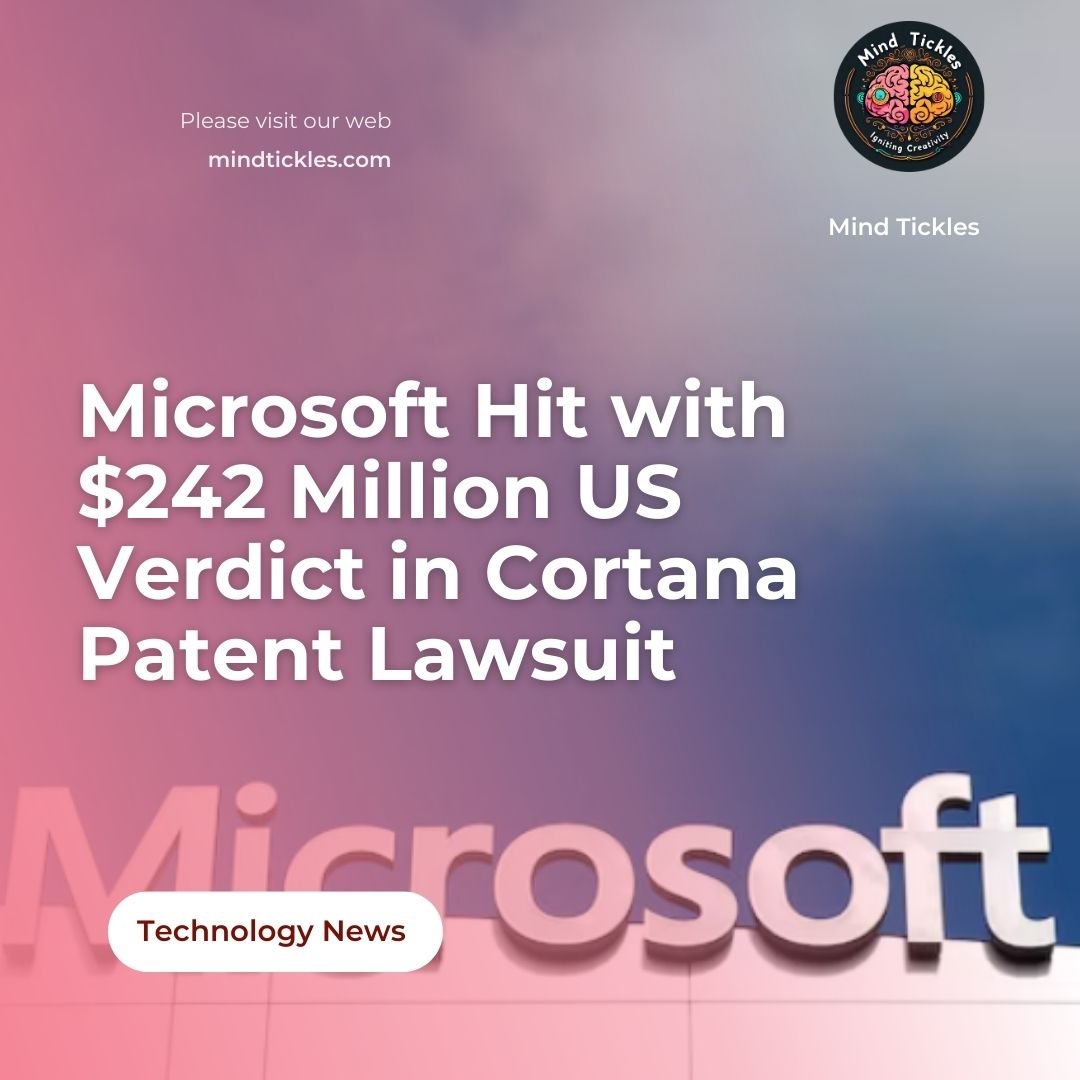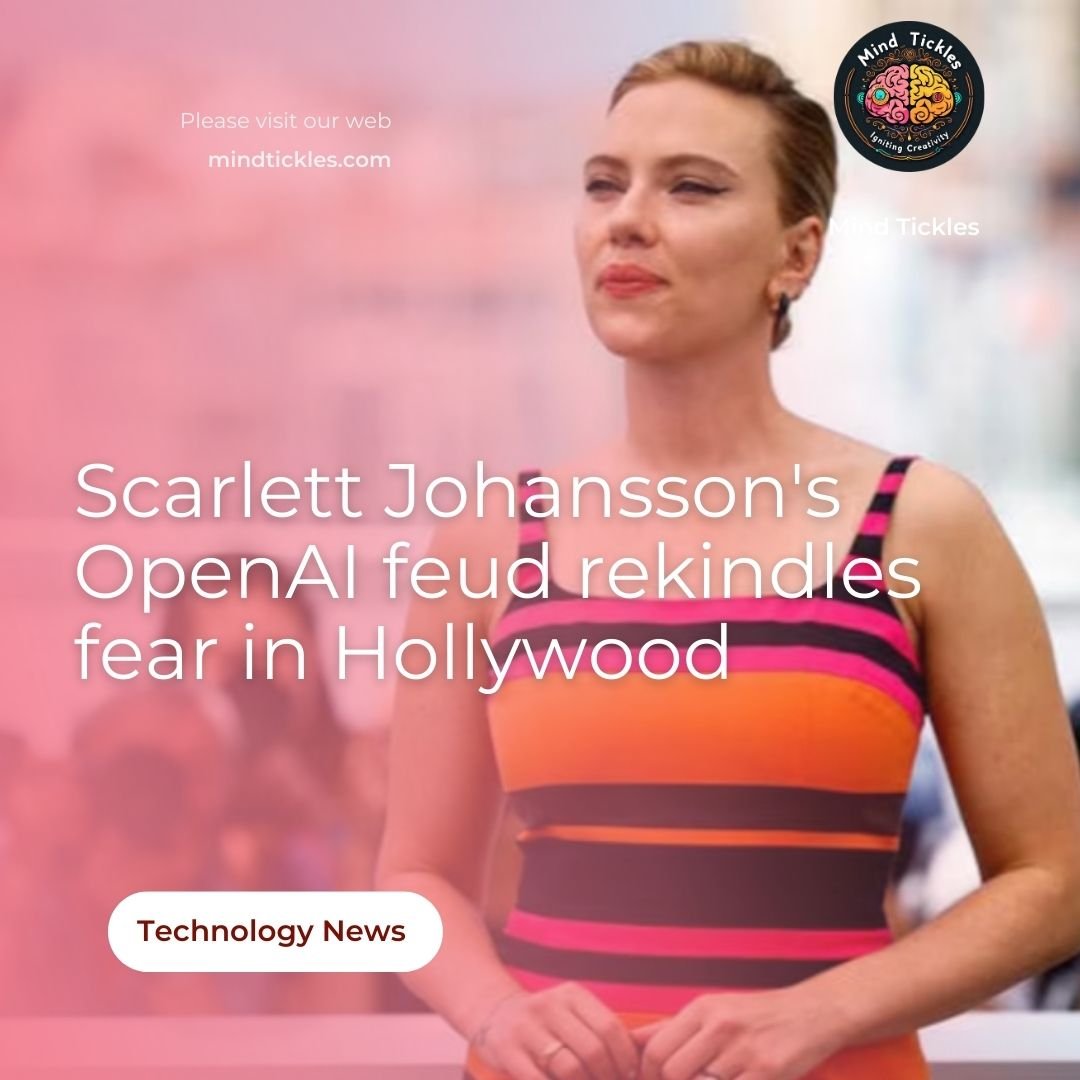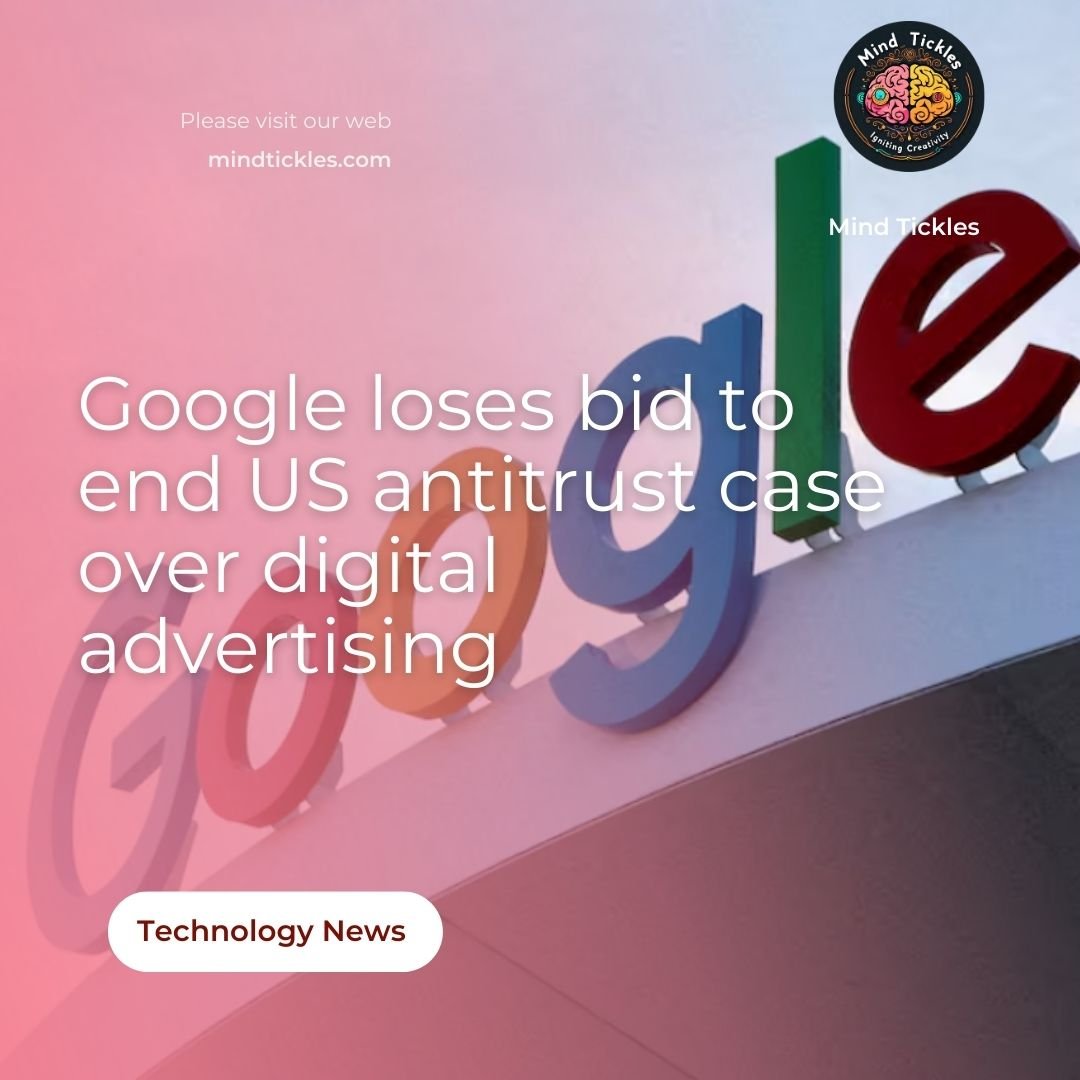Elon Musk’s X Corp loses lawsuit against Israeli data-scraping company
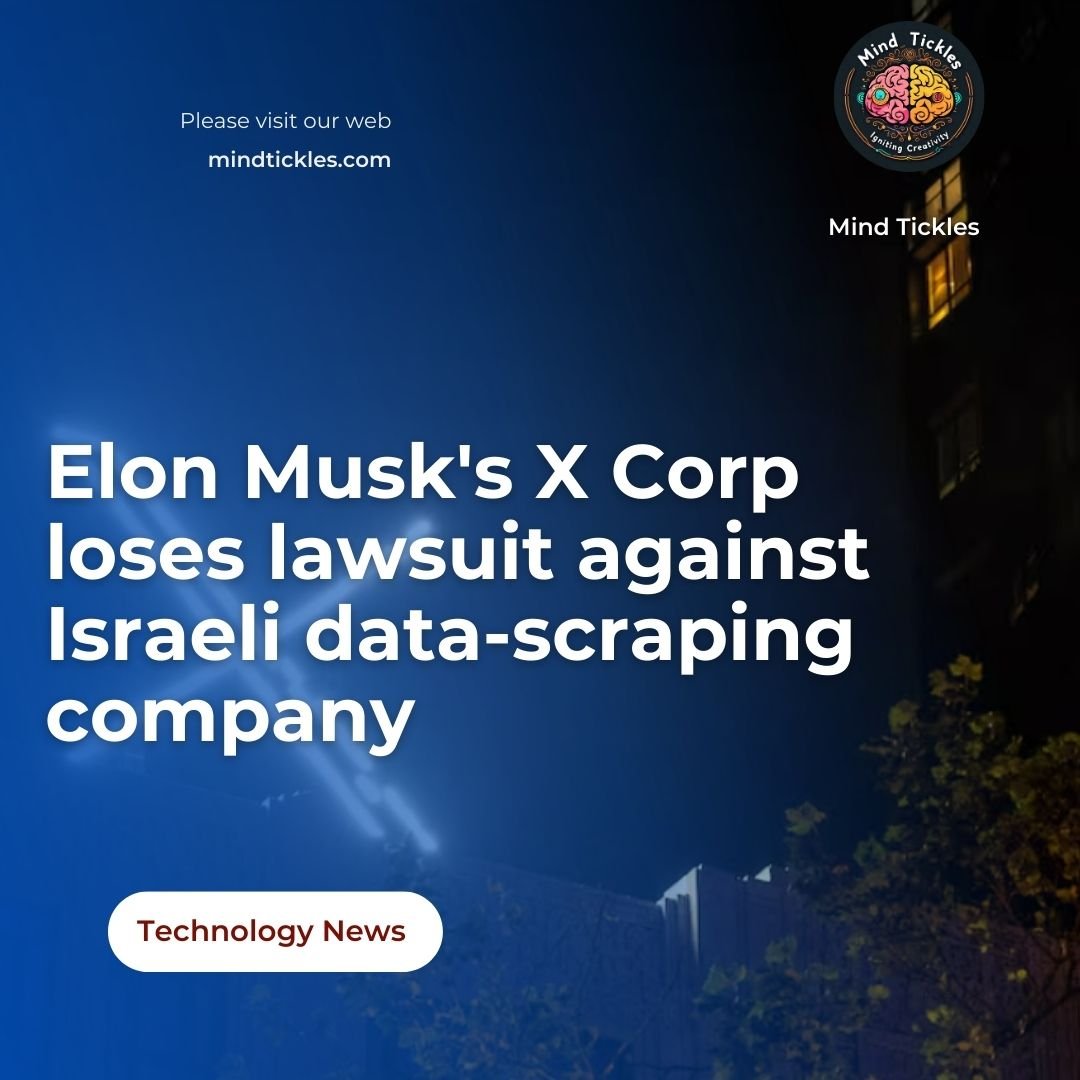
Elon Musk’s X Corp losses their legal claims against another Israeli Data-scraping company in a recent high-profile lawsuit which looked to command public attention. This Alsup ruling in San Francisco, which marked a significant event in the argument of who should own the copyright in data, rivaled the role of scraping tools in the world of data.
Background and Legal Dispute
The lawsuit, claimed by X Corp (formerly Twitter), accused Bright Data Ltd, a data-scraping company from Israel, of having done malicious behavior by obtaining the Twitter content and further selling it outside. Bright Data Ltd was hit with allegations from X Corp for getting through unauthorized content and its user agreement, and as well it circumvented anti-scraping technology to unlawfully distribute such content.
Court Ruling
Of course, Judge Alsup’s ruling has contradicted X Corp’s claims, as he stated that the company has not proved well enough the information So as to substantiate the accusations. He pointed out that although benefiting from scraping tool was not unethical practice by itself, it was extremely wrong to use this tool only for extracting people’s personal data. Judge Alsup pointed that it was not only the public’s right to access and put to use public data but also that nobody would have the power to control social media companies’ unilateral usage.
Asides that, the judge contradicted X Co’s claim of “de facto rights” to the materials that users uploaded as well. The decision ultimately temper down the IP rights discourse in the digital age and creates a precedence that will be followed in future legal battles of data scraping and copyright.
Implications and Future Considerations
This case settlement is not trivial to everyone, but has huge impact on both the technology companies and data privacy rights groups. This is a gray area that stirs the doubts of privacy, agreements’ coverage, legality of data scraping, and also platforms’ responsibility to secure user-generated content.
Furthermore, the ruling has equal weight in need for a solid law setting data scraping regulations and the conduct of ethics in the use of public information.
With the increasing complexity of digital platforms the necessity of policymakers and different stakeholders of the industry to coordinate in establishing solid frameworks that secure at once the innovation and protection of consumers can no longer be denied.
Conclusion
The rejection of the suit against X Corp. by Bright Data Ltd means a remarkable breakthrough in the situation concerning data security and authorship in the light of copyright regulations. Though this decision may likely cost the participants some, its reach to the wider digital system is much bigger. With the progress of technology, the digital landscape will be reshaping therefore the law should evolve steadily in order to justly and responsibly while using data.
The lawsuit between Elon Musk’s X Corp and the Israeli data-scraping company Bright Data Ltd has concluded with a significant ruling by U.S. District Judge William Alsup in San Francisco. This case, centered around the unauthorized scraping of data from the social media platform formerly known as Twitter, brings to light critical issues about public access to data, user agreements, and the role of scraping tools. Judge Alsup’s decision against Musk’s X Corp emphasizes the importance of public data and the limitations of information monopolies, rejecting the notion of de facto copyright ownership over user-generated content on social media platforms.
Bright Data’s victory underscores the need for a balanced approach to data privacy and the ethical use of public information. The ruling signifies a major breakthrough in the ongoing debate over data security, intellectual property rights, and the responsibilities of social media companies. As technology advances, it is imperative for policymakers and industry stakeholders to establish solid frameworks that protect both innovation and consumer rights, ensuring the digital landscape evolves responsibly. This case highlights the public interest in accessible information and sets a precedent for future legal battles concerning data scraping and copyright in the digital age.
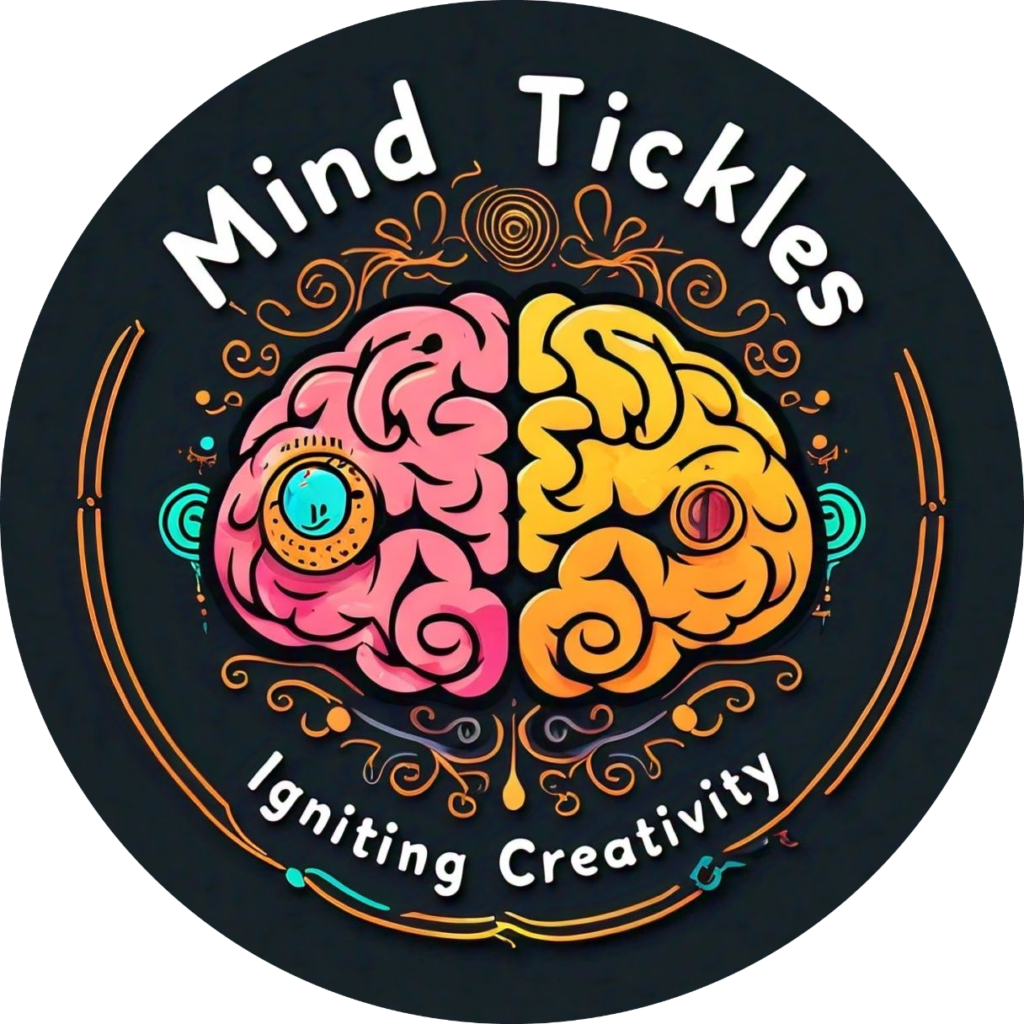
If you want to read more information just visit Mind Tickles
